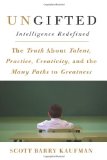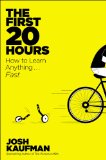new book – ‘The Art of Intimacy: The Space Between’ by Stacey D’Erasmo
July 9, 2013
A Publishers Weekly Pick – The Art of Intimacy: The Space Between by Stacey D. Erasmo (Graywolf Press, 2013)
Book description from the publisher:
The first work of nonfiction by Stacey D’Erasmo, author of the New York Times Notable Books Tea and The Sky Below
“What is the nature of intimacy, of what happens in the space between us? And how do we, as writers, catch or reflect it on the page?” Stacey D’Erasmo’s insightful and illuminating study examines the craft and the contradictions of creating relationships not only between two lovers but also between friends, family members, acquaintances, and enemies in fiction. She argues for a more honest, more complex portrait of the true nature of the connections and missed connections among characters and, fascinatingly, between the writer and the reader. D’Erasmo takes us deep into the structure and grammar of these intimacies as they have been portrayed by such writers as Joan Didion, Toni Morrison, D. H. Lawrence, Virginia Woolf, and William Maxwell, and also by visual artists and filmmakers. She asks whether writing about intimacy is like staring straight into the sun, but it is her own brilliance that dazzles in this piercing and original book.
See also: review in Los Angeles Review of Books
Art of series from Graywolf Press







